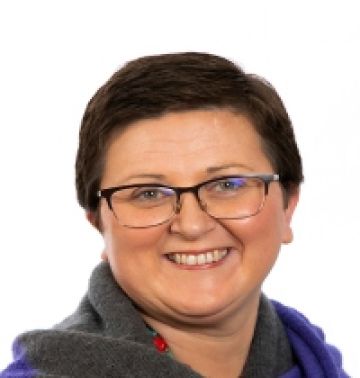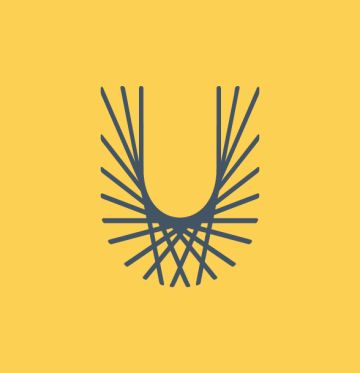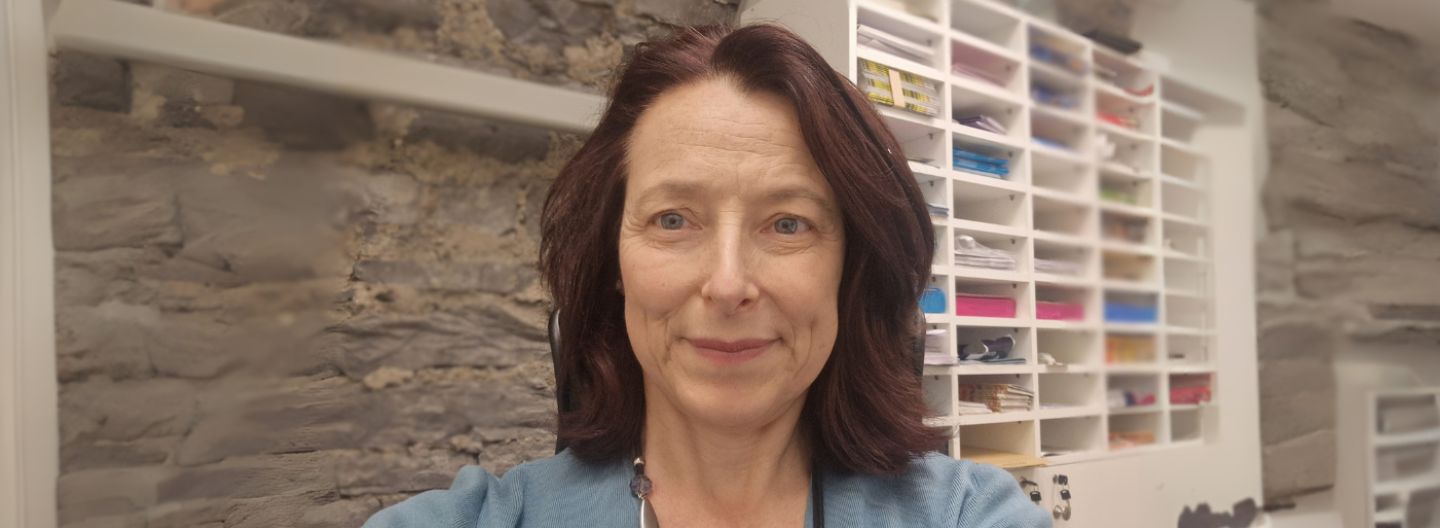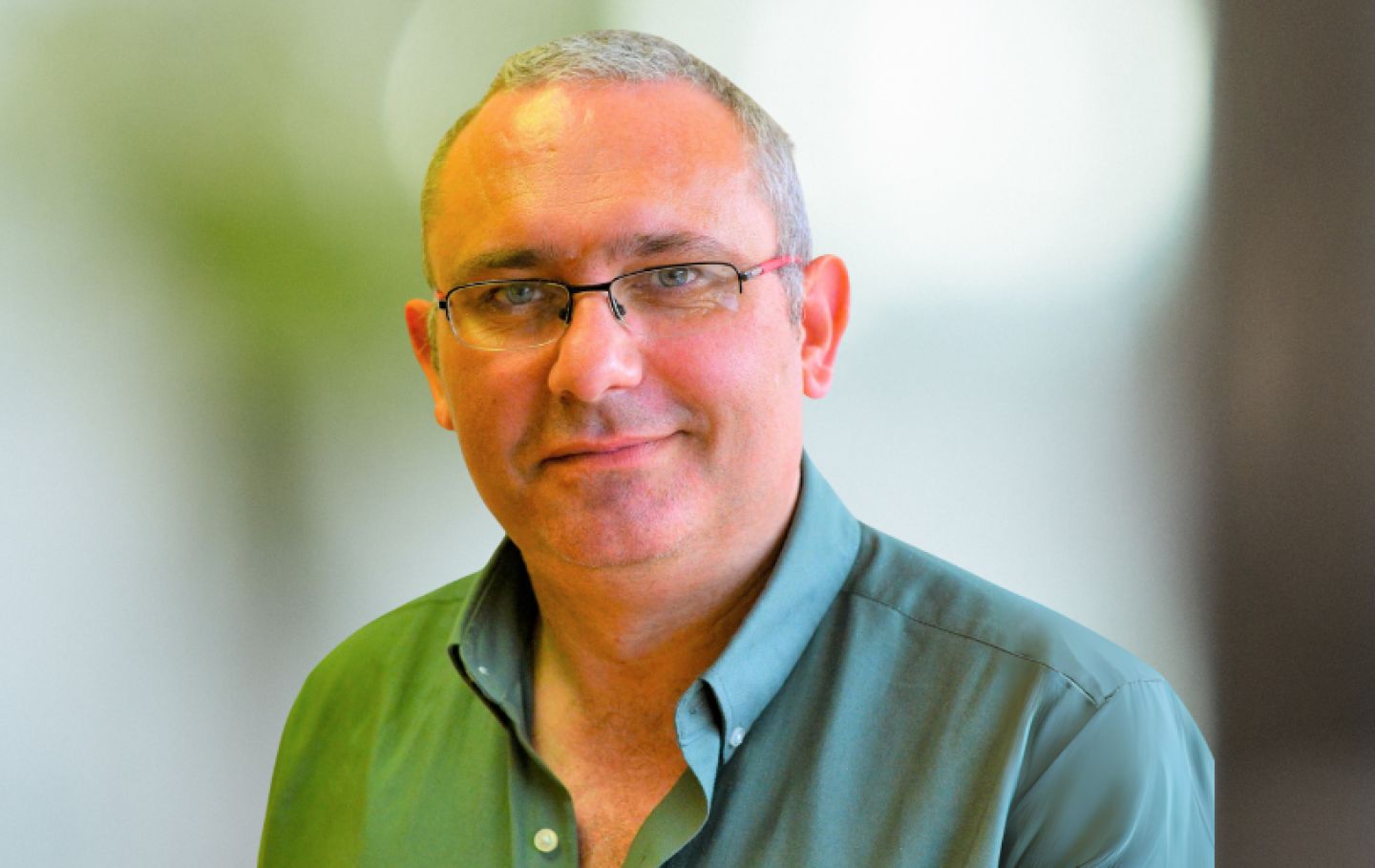Advanced Facilitation Skills for Health and Well Being

This practice orientated Accredited Health Promotion programme is at NQF Level 9. It has been designed to offer participants a unique opportunity to engage in practitioner personal growth and development through group process and to advance knowledge, skills, attitudes and competencies required for promoting health and well-being. The programme is accredited by the International Union for Health Promotion and Education.
Programme Aims
· To enhance participants’ personal growth and development to advance the knowledge, skills, attitudes and competencies required for effective facilitation of health and well-being with groups, individuals, and key populations.
· To develop practitioner and academic capabilities underpinned by relevant academic theory.
· To enable participants make an original and significant contribution at the forefront of the field of study of and practice of facilitation for health and well-being.

Accredited Health Promotion Programme
The programme is accredited by the International Union for Health Promotion and Education. This means that students who graduate from this course are automatically eligible to apply to become an IUHPE Registered Health Promotion Practitioner on the voluntary register. This voluntary register is managed by the Association of Health Promotion in Ireland (AHPI) who was approved by the IUHPE to facilitate the registration of practitioners in Ireland. Graduates complete their registration application through the AHPI website.
The programme is delivered through a blend of methods consisting of groupwork, workshops, lectures, projects, e-learning etc. Experiential learning is the methodology used throughout the course.
For the award of Masters in Advanced Facilitation Skills for Health and Well Being a student must accumulate 90 credits.
| Semester | Module | ECT |
|---|---|---|
| Semester 1 | Personal Development | 10 |
| Group Development and Workshop Design | 10 | |
| The Determinants of Health and Well-Being | 5 | |
| Qualitative Research and Evaluation | 5 | |
| Semester 2 | Advanced Personal Development | 10 |
| Qualitative Data Analysis | 5 | |
| Individual and Social Influences on Health and Well-Being | 5 | |
| Dissertation 1 | 10 | |
| Semester 3 | Advanced Facilitation Skills | 20 |
| Dissertation 2 | 10 |
Applicants should hold a qualification at NFQ Level 8 Honours (2.2) degree or equivalent. Applicants who do not hold the standard qualifying NFQ Level 8 Qualification criteria but have relevant work experience and study may be considered for admission to the programme under the Institute’s Recognition of Prior Learning (RPL) process.
All applicants are subject to an interview and must demonstrate that they have a level of maturity and life experience adequate to cope with the modalities of the programme. The programme board will require an interview with applicants to ascertain this. A minimum of 70% must be achieved at interview in order to be considered for a place on the programme.
How to apply
Once our application portal opens, the link to apply will appear on the course page above. Subject to satisfying the aforementioned entry criteria, applicants will be offered places on a first-come-first-served basis per their application submission.
International Students
International Students are advised to contact the SETU International Office before submitting an application. The International office also assists the Programme Leader and the Head of Department in their assessment of each international applicant’s educational qualifications and suitability for the programme.
This includes a detailed review of all relevant documentation and in many cases interviews. Applicants whose first language is not English must submit evidence of competency in English.
This programme is for all people whose core work involves communication with others; it is an invaluable asset to many professionals such as Community, Social and Youth Workers, Teachers, Health Professionals, those in positions of management and those working with marginalised groups. Some graduates have moved into professions such as Health Promotion Officers or Youth and Community workers while others have diversified into self-employment. A small number of graduates have progressed onto PhD programmes of study.
The delivery reflects the flexibility required for adult learners and workers. Modules are taught through a blend of traditional face to face teaching with the benefits of learning online. This online learning occurs between the face-to-face contact time. The contact is one Friday and Saturday block per month with additional online contact and one residential weekend per semester. The residential weekends (Friday 6pm – Sunday 4pm) take place in a dedicated Retreat Centre off campus. Please note there is a nominal fee of approximately €200 for residential weekends paid directly to the venue for food and board.
| Semester 1 | 4 x 2 - day blocks (Friday & Saturday) + 1 Residential Weekend |
| Semester 2 | 3 x 2 - day blocks (Friday & Saturday) + 1 Residential Weekend + one-on-one meetings with dissertation supervisors |
| Semester 3 | 2 x 2 day block (Friday & Saturday) + 1 Residential Weekend + one-on-one meetings with dissertation supervisors |
Course Leaders

Ms Mairead Barry
Facilitator/Lecturer in Health Promotion and Co-Course Leader MA Advanced Facilitation Skills for Health and Well-Being -
Call: +35351302165
Email: [email protected]
Profile
Dr Paula Carroll
Senior Lecturer and Researcher, Co-Course Leader of MA in Advanced Facilitation Skills for Health and Well Being -
Call: +35351843131
Email: [email protected]
Profile





